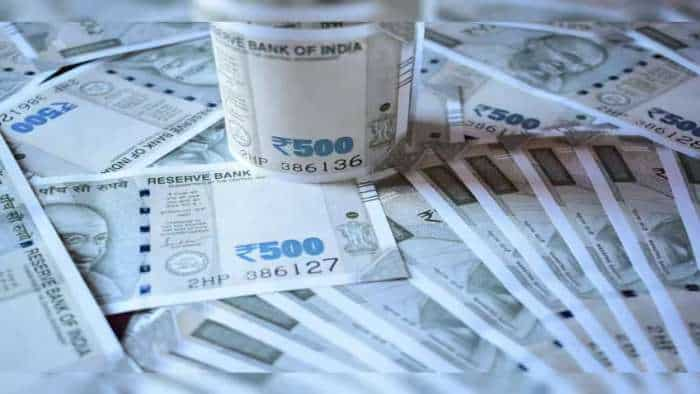Bank fundraising: Market crisis puts onus on Modi government
Public sector banks have raised more than double the capital infused by the government through equity and bond markets and from the sale of non-core assets between the financial years 2008-2009 and 2017-18.

Public sector banks have raised more than double the capital infused by the government through equity and bond markets and from the sale of non-core assets between the financial years 2008-2009 and 2017-18.
While banks raised Rs 2.57 lakh crore, the government infused only less than half of this at Rs 1.32 lakh crore through the Indradhanush plan, according to a parliamentary committee audit report on recapitalisation.
But with markets down, bankers will have to depend more on the government this fiscal despite most of the bank Boards having approved equity fundraising programmes.
The capital support by the government will make banks more resilient, considering more than half of the Rs 121 lakh crore of bank deposits are retail deposits in the form of term deposits and savings bank accounts.
All lenders have to be compliant with the Basel III norms by March 2019. Basel III, which focuses on additional capital buffers, is an international regulatory framework for banks being implemented in India in phases since 2013.
Extra capital buffers under this regulation will be fully implemented by March 2019. Bankers say that government is toying with the idea of advancing the recapitalisation programme, which, if implemented, will lift the pressure of raising capital.
Praveen Kumar Gupta, managing director, State Bank of India, said, “We are focusing on selling some of our non-core assets. This financial year we have already sold 4% stake in SBI General and also exited from part of our investment in NSE. Earlier this week, we have taken an enabling provision from the Board to raise some Tier 2 capital from the market.”
Banks raised Rs 48,725 crore from the equity markets during this period and sale of non-core assets gave them Rs 18,364 crore. They also raised Rs 1.33 lakh crore of Tier 2 capital from the market and Rs 56,365 crore from AT-1 bonds.
Rajkiran Rai, managing director and chief executive officer, Union Bank of India, said, “With markets down, the situation has changed. Banks will have to depend on the government for the capital needs as we have to comply with the Basel III by March 2019. Post this compliance, the capital requirements will come down.”
Watch This Zee Business Video Here:
Union Bank of India also had got a Board approval to raise Rs 2,500 crore from the market, but it may be may just look at raising Tier 2 capital as the markets are down.
Source: DNA Money
Get Latest Business News, Stock Market Updates and Videos; Check your tax outgo through Income Tax Calculator and save money through our Personal Finance coverage. Check Business Breaking News Live on Zee Business Twitter and Facebook. Subscribe on YouTube.
RECOMMENDED STORIES

SBI Guaranteed Return Scheme: Know how much maturity amount you will get on Rs 2 lakh, 3 lakh, and Rs 4 lakh investments under Amrit Vrishti FD scheme

Top 7 Sectoral Mutual Funds With Best SIP Returns in 1 Year: No. 1 scheme has converted Rs 34,567 monthly SIP investment into Rs 5,40,565; know about others

SBI Green Rupee Deposit 2222 Days vs Canara Bank Green Deposit 2222 Days FD: What Rs 7 lakh and Rs 15 lakh investments will give to general and senior citizens; know here

SBI 400-day FD vs Bank of India 400-day FD: Where will investors get higher returns on investments of Rs 4,54,545 and Rs 6,56,565?
12:04 PM IST










 Gross NPAs of public sector banks at Rs 3.16 lakh crore, over 3% of outstanding loans
Gross NPAs of public sector banks at Rs 3.16 lakh crore, over 3% of outstanding loans Public Sector Banks report strong growth with 11% YoY increase in H1 FY 2024-25
Public Sector Banks report strong growth with 11% YoY increase in H1 FY 2024-25  Public sector banks' dividend payout may exceed Rs 15,000 crore in FY24
Public sector banks' dividend payout may exceed Rs 15,000 crore in FY24 PSBs' valuations still reasonable despite 162% jump in Nifty PSU Bank index in less than 2 years: Report
PSBs' valuations still reasonable despite 162% jump in Nifty PSU Bank index in less than 2 years: Report Public sector banks get Rs 15,183 crore following ED action under PMLA: FM Sitharaman
Public sector banks get Rs 15,183 crore following ED action under PMLA: FM Sitharaman